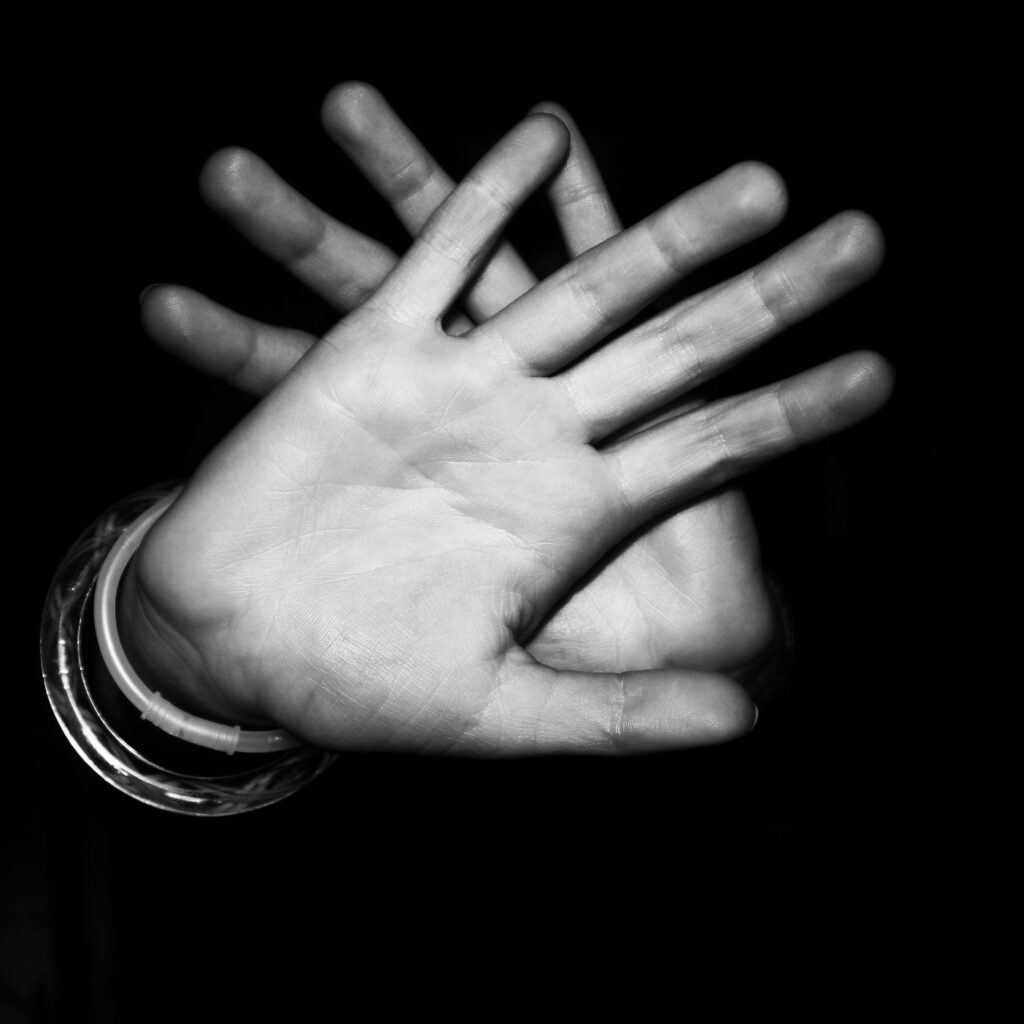Why Is It Hard to Say "No" and How Can You Get Better at It?. "no" can be a formidable challenge for many of us. Whether it's declining a social invitation, setting boundaries at work, or rejecting a request from a loved one, the two-letter word, one of the smallest words in the English language, which has the largest meaning, can feel like an insurmountable obstacle. But why is it so difficult to utter that simple, assertive "no", and remain to one’s word? Let us look into the psychology behind our reluctance and explore strategies to improve our ability to decline gracefully.
Fear of Conflict
One of the primary reasons saying "no" feels like navigating a minefield is our fear of conflict. We dread the possibility of upsetting someone, facing their anger, or being criticised, or we fear abandonment, even though we may already be emotionally abandoned. Whether it's a partner, friend, colleague, or boss, we hesitate to say "no" when we anticipate it might lead to disagreement or tension. As children, we are conditioned not to defy authority; we learn not to say no; we learn to please the adults around us by agreeing with them; this pattern is unchecked. It always persists into adulthood. We worry that saying "no" will jeopardise our relationships, stability, and attachment or make us less likeable.
The Art of Saying "No" - A formidable challenge
Influential leaders recognise the importance of saying "no." Steve Jobs famously said, "Focusing is about saying 'no.'" Warren Buffett emphasised the value of a swift "no," while Tony Blair asserted that leadership lies in declining rather than accepting everything. But for most of us, mastering this art isn't easy.
I have worked with clients who found saying “no” their go-to word. Any question was always returned by “no.” This strategy removes all responsibility from the person saying “no.” If they say “yes,” they would have to commit. For them, “no” is a safe place—not necessarily the correct use of the word. This is the opposite extreme to those who struggle with saying “no.”
1. Self-Reflection
Start by examining your beliefs and fears about saying "no." Are you afraid of disappointing others? Do you worry about being perceived as selfish or uncooperative? Are you afraid of being left alone or abandoned? Understanding these underlying emotions helps you address them head-on.
2. Set Boundaries
Establishing clear boundaries is essential. Recognise that saying "no" doesn't make you a bad person; it merely communicates your limits. When you set boundaries, you prioritise your well-being and mental health.
3. Practice Assertiveness
Assertiveness is a skill that can be cultivated. Practice saying "no" in low-stakes situations. Start with small requests and gradually work your way up. Remember that assertiveness is not aggression - it's about expressing your needs respectfully.
4. Use Diplomatic Language
Craft your "no" with care. Instead of a blunt refusal, offer a sympathetic refusal without lying. For instance:
- "Thank You. I appreciate the invitation, but I won't be able to attend."
- "I would like some time for myself”
- “Thanks, but I really would like to spend time alone.”
5. Prioritise Self-Care
Recognise that saying "no" is an act of self-care. It prevents burnout, preserves your energy, and maintains your integrity. You risk spreading yourself too thin when you say "yes" to everything.
6. Accept Imperfection
Perfectionism often fuels our reluctance to say "no." Understand that it's okay to disappoint others occasionally. You're not responsible for everyone's happiness. Saying No is a formidable challenge, say it and mean it.
7. Practice Heartfulness
Before responding, pause and check in with yourself. Listen to your Heart. Are you saying "yes" out of habit, fear or genuine interest? Heartfulness helps you align your choices with your true desires.
Saying "no" is not a sign of weakness; it's an assertion of your autonomy. Embrace the power of this tiny word, and remember that by saying "no," you create space for your own well-being and happiness.

















